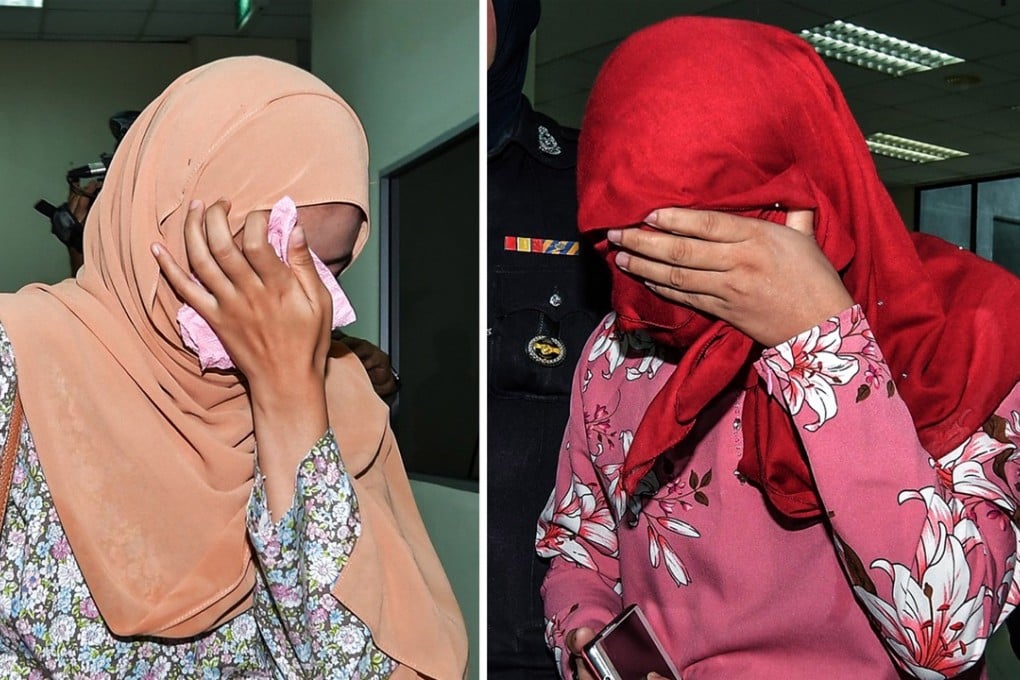Singapore and Malaysia: so near to each other, so far to go on gay rights
The LGBTI community on either side of the Johor Strait can only look on in envy as their counterparts in India celebrate the end of a colonial-era rule that criminalised gay sex

“I was so overjoyed that outdated, oppressive laws were being overturned in India. But at the same time I couldn’t help but envy them, as I don’t see this ever happening in Malaysia,” she recalled.
Instead Amirah – not her real name – and her partner live in constant fear.
“My girlfriend and I are always worried we are going to be reported to the Islamic authorities and face some sort of punishment. I used to just be scared of getting shipped off to a conversion therapy workshop, but after the caning received such widespread media attention people here have become even more vocal about their hatred of us and I am now scared of violence.”

Her fear is not unwarranted. In 2017, transgender woman Sameera Krishnan was stabbed and shot to death. And just last month, another transgender woman was beaten so badly that her spleen ruptured.